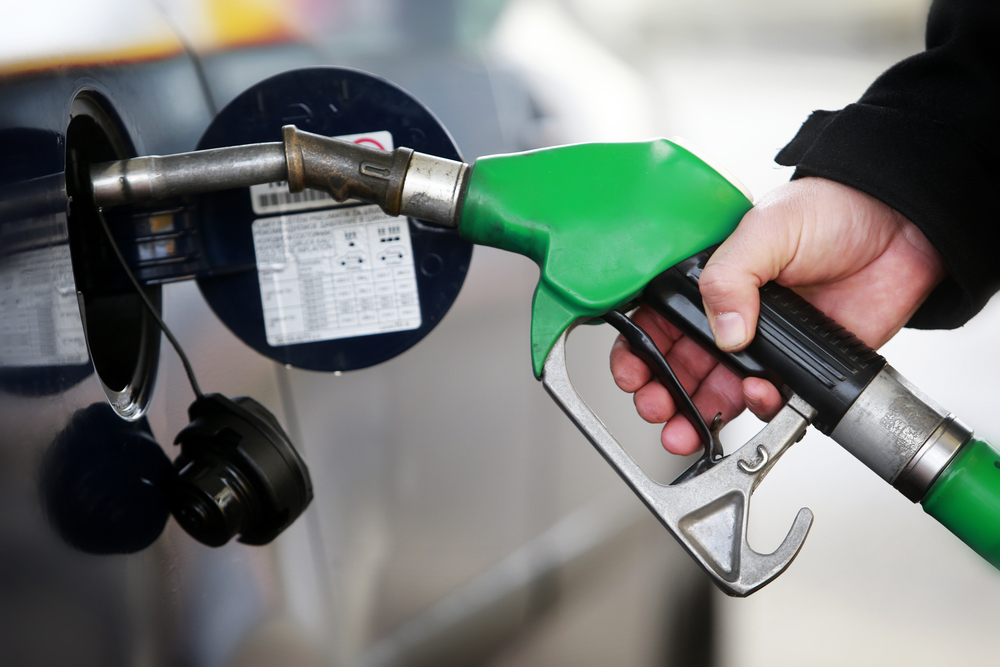Household Bills
Driving home for Christmas: is it worth filling up with a premium fuel?

With Christmas just around the corner and the holidays traditionally a time to visit family, many will be hitting the roads. But is it worth filling up with more expensive premium or performance fuels?
When entering a forecourt, drivers are given a choice of fuels with the most common being standard unleaded and diesel, along with their pricier counterparts of premium or performance fuels.
According to motoring group The RAC, the average price for super unleaded across the UK was 137.65p per litre in mid-December, compared to the average standard unleaded price of 125.62p a litre.
While fuel duty is the same whether you’re buying standard or a performance fuel (57.95ppl), drivers face a big 12p per litre difference in the price of the fuel which can add up for those covering extra miles over the Christmas period.
The RAC reports that most drivers tend to stick to the cheaper standard fuel, but some motorists go for the performance fuels as they believe it enhances driving efficiency and helps look after the engine.
So is it worth it?
First of all, we have to take a look behind the composition of the fuel. There are three types of unleaded, containing up to 5% bioethanol and differentiated by their Research Octane Number (RON). This is the standard measure of performance of an engine, according to The RAC.
The higher the number, such as super unleaded 97/98 RON, the more likely it is to be fuel efficient and lead to a smoother engine operation, the motoring group claims. The higher RON is also more likely to be needed for high-performance cars such as Porsches.
Those with a 95 RON (the standard fuel which confusingly may be called premium unleaded) is suitable for almost all petrol engines.
Fuel retailers may also sell their own high-performance petrol such as Shell V-Power unleaded which notches up an octane rating of 99 RON – the UK’s highest.
And when it comes to buying fuel from supermarket forecourts, The RAC said each are slightly different with their own mix of additives in different proportions.
Simon Williams, RAC fuel spokesman, said: “While there are differences over the standard products, it really is down to drivers to decide whether the presence of these additives makes a significant improvement in their vehicle’s performance to justify the extra cost and whether it is required to be used.
“Some motorists report improved engine performance and fuel efficiency. Some also do the occasional fill-up with super unleaded as they feel it helps look after the engine.”
The RAC added that some cars run optimally on standard premium unleaded, while others run more efficiently on higher octane fuels like super unleaded so drivers should check their manuals.
As a general rule, motorists can use a higher-octane fuel than is recommended for their car. But using a lower-octane fuel than recommended could cause engine damage. It said that for many cars a premium fuel makes “no discernible difference to their performance” but could see you paying out more for no reason.
Don’t see a RON?
New EU rules have been brought in which may mean drivers don’t see the RON displayed or even whether a fuel is unleaded or diesel. Instead, in a bid to standardise petrol and diesel labelling across Europe, fuels are referred to using their biofuel blend – unleaded petrol called E for ethanol and diesel called B for biodiesel – along with their biofuel percentage.
Typically drivers will see E5 for standard unleaded (because of its up to 5% ethanol content), while standard diesel will show as B7 (because of its up to 7% biodiesel content).